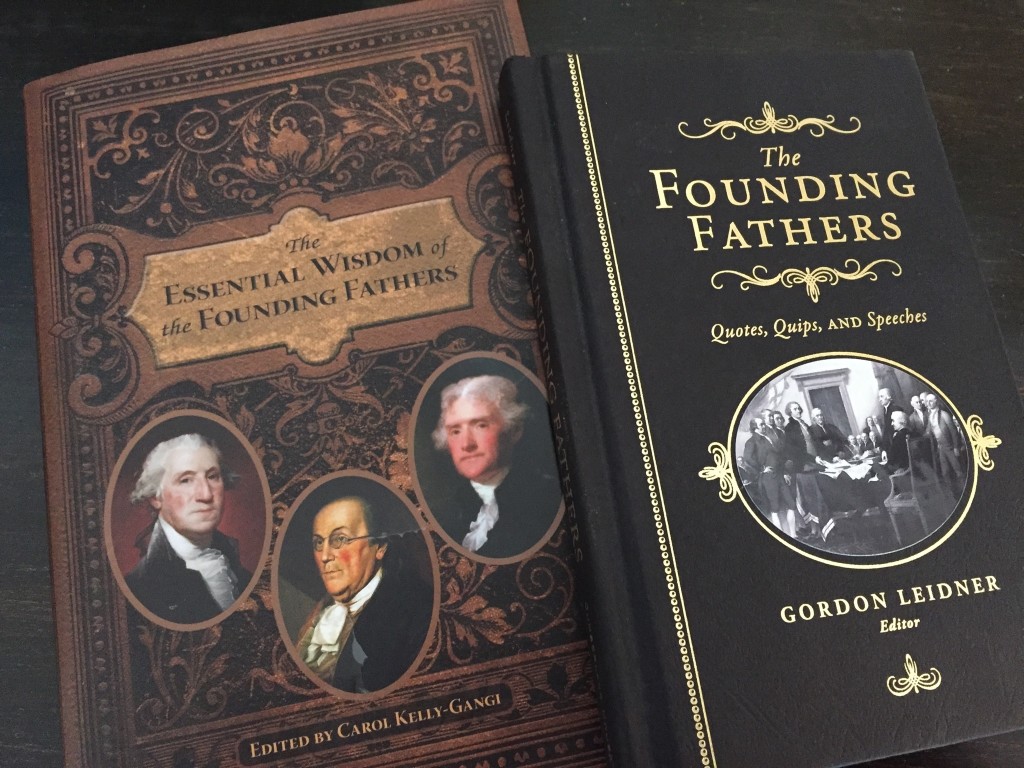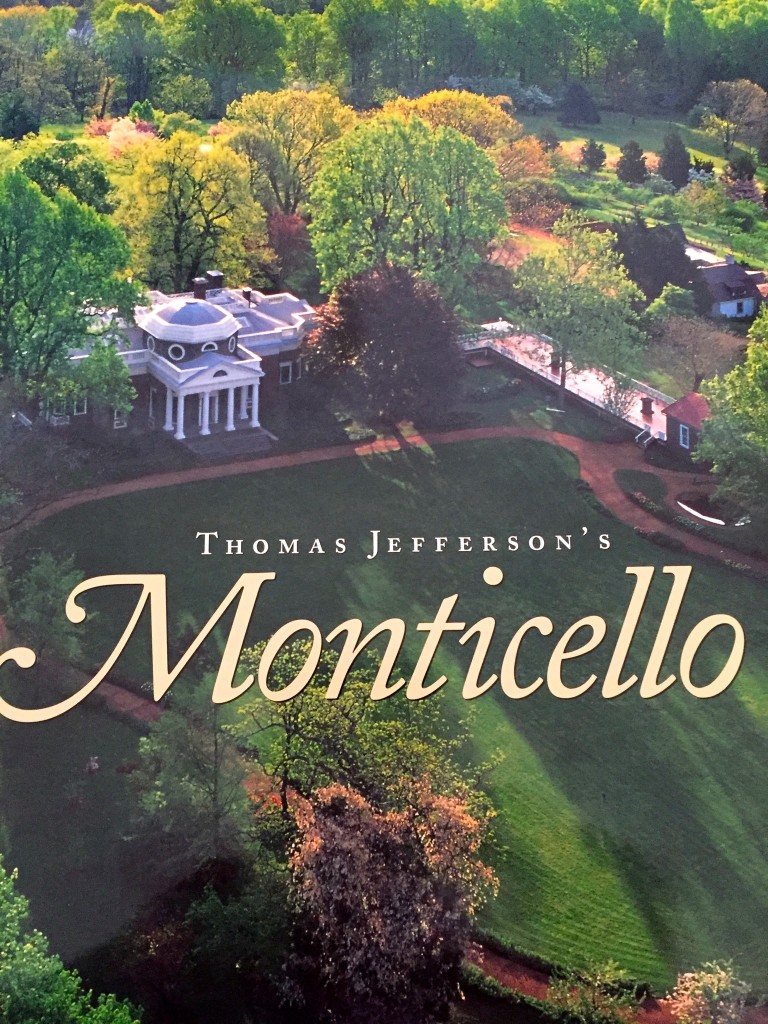 The 2016 Presidential Election may very well be a turning point in American history. Many pundits and journalists are opining that it could even usher in a fundamental transformation of the political landscape, the likes of which we have never seen.
The 2016 Presidential Election may very well be a turning point in American history. Many pundits and journalists are opining that it could even usher in a fundamental transformation of the political landscape, the likes of which we have never seen.
As the candidates travel from one state to another, carrying with them their bag of political goods and ideas, they are met by an increasingly disappointed, disenfranchised and even angry people, contributing to an already fiercely charged atmosphere that can be felt across the entire nation.
In dizzying times like these, it behooves one to pause and reflect on the past to see where we came from, where we have been and where we are now as a people and nation who have been blessed to have been born, raised and now live in what is considered the freest nation in the history of the world.
And so, we at ATG, will be celebrating Presidents’ Day all week by traveling, through books, first to Thomas Jefferson’s Monticello in search of some inspiration and insight into the rocky road that the 2016 presidential race seems to be traversing.
Enjoy the following taken from Thomas Jefferson’s Monticello (2002) by the Thomas Jefferson Foundation:
- “Thomas Jefferson is the one American statesman who is timeless…of all the Founding Fathers, indeed of all the men of the eighteenth century, the most contemporary.”
- “[Jefferson’s] brilliant formulation and championship of the fundamental doctrines of human freedom and individual liberty are as relevant now as they were in his lifetime. He proclaimed that freedom ‘is the most sacred cause that ever man was engaged in.’ ‘Without the precious blessing’ of liberty, he said, life has no sense and no dignity.”
- “No leader in the period of the American Enlightenment was as articulate, as wise, as conscious of the implications and consequences of a free society as was [Jefferson]. Both in his public and his private life he addressed himself continually to problems of permanent and universal interest. What he wrote and what he did – about the nature of society and of government, the relations of man to government, the meaning of republicanism and democracy, the significance of education and of toleration –are as relevant today as during the eighteenth century. Toward the end of his life his opinions on many subjects varied as his experience ripened – but he never wavered in his faith in government of the people by and for themselves, holding that ‘the people are the only sure reliance for the preservation of our liberty.’ He held that all men are created equal, that they possess certain inalienable rights, and that governments derive their just powers from the consent of the governed. That unwavering trust in the dependability, wisdom, and honesty of the common literate individual is his greatest legacy.”
- “Of all American statesmen, Jefferson was the most philosophical. One abiding purpose runs through his whole life, one pervasive philosophy dominates it. He insisted that man should be free, and he was persuaded that, once free, mankind would progress toward happiness and virtue. He was enraptured with the vision of mankind free from political tyranny, from the bondage of superstition and of ignorance, from the sins of the past, from poverty, from war. He had an eighteenth-century faith in the perfectibility of man, but it was not merely a visionary faith, it was rooted in the reality of New World experience. For here in the New World mankind had been given a new chance – mankind free from the tyrannies and oppressions, the poverty and ignorance of the Old World. Here men could live close to nature, cultivate the soil, raise large families, keep what they earned, benefit from learning and from science, escape war, advance – as was said in his first inaugural address – ‘rapidly to destinies beyond the reach of mortal eye.’”
- “And as America was to be a model for the world, to prove what man was capable of when free, Jefferson devoted himself passionately to strengthening this nation, expanding its territory, building up its resources, maintaining its security, fostering its culture and its virtue.”
- “’I have sworn upon the altar of God,’ he said, ‘eternal hostility against every form of tyranny over the mind of man.’”
And, in Thomas Jefferson’s own words:
- “The spirit of resistance to government is so valuable on certain occasions, that I wish it to be always kept alive. It will often be exercised when wrong, but better so than not to be exercised at all. I like a little rebellion now and then. It is like a storm in the atmosphere.”
- “We hold these truths to be self-evident; that all men are created equal; that they are endowed by their creator with certain unalienable rights; that among these are life, liberty, and the pursuit of happiness.” (The Declaration of Independence, July 4, 1776)
- “Every citizen [should] be a soldier. This was the case with the Greeks and the Romans, and must be that of every free state.”
- “We are firmly convinced…that with nations, as with individuals, our interests soundly calculated, will ever be found inseparable from our moral duties.”
See also a reflection on the 2016 Presidential race and a powerful quote from Ronald Reagan on the importance of freedom.
